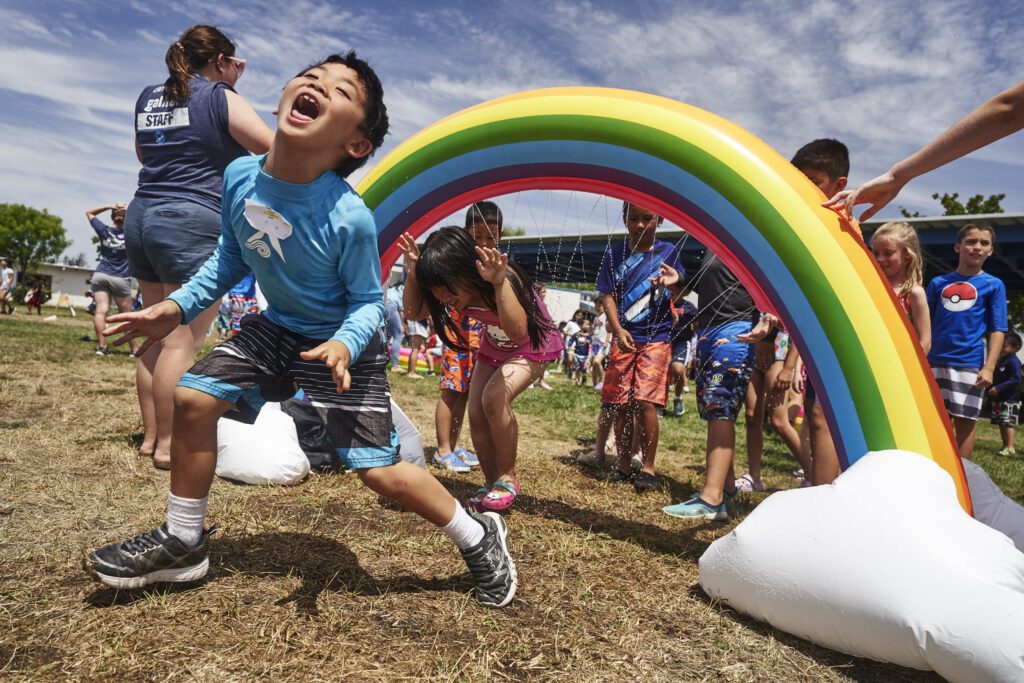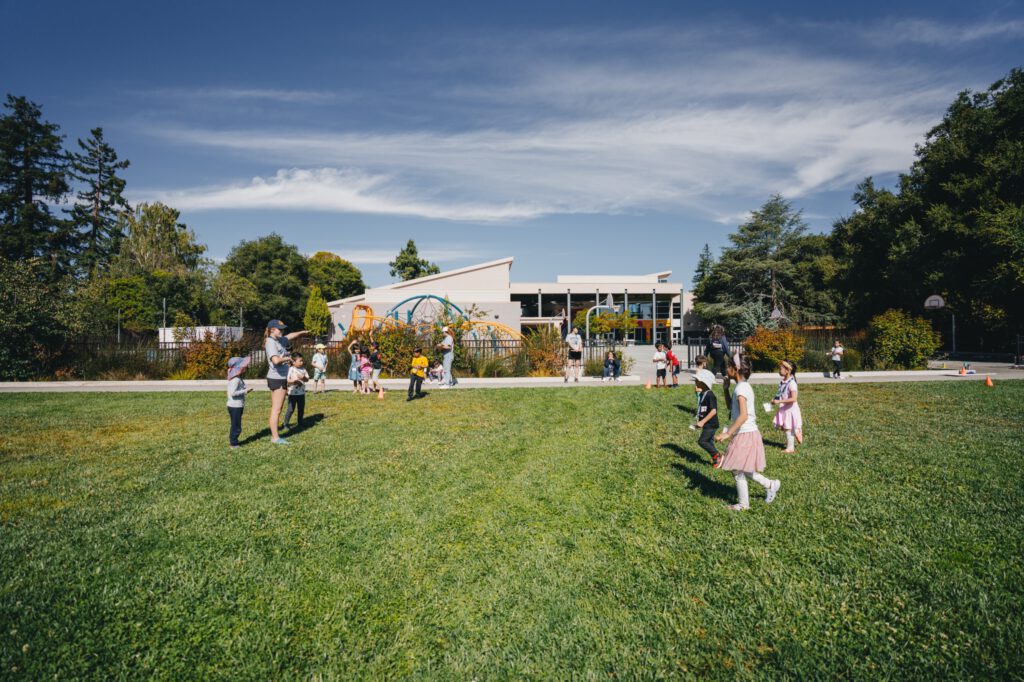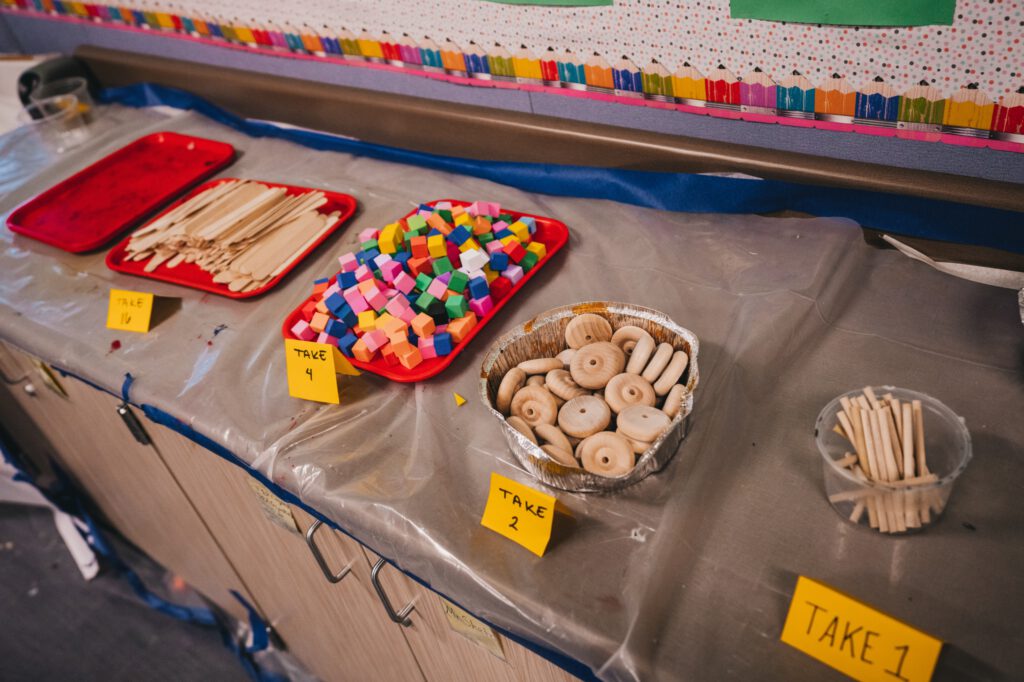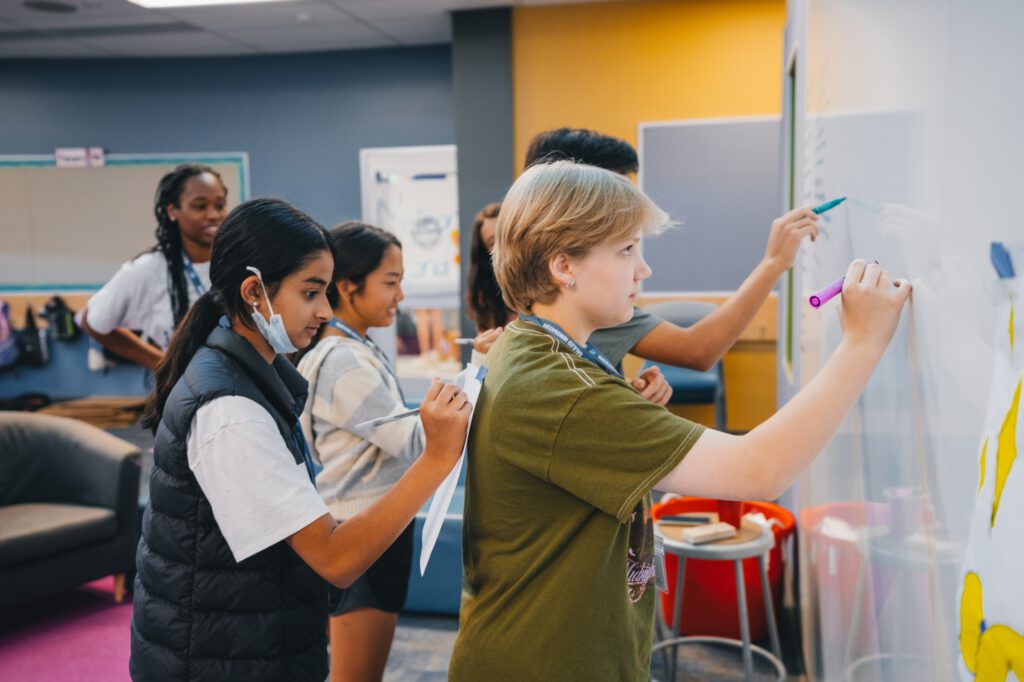It can be daunting to pick the perfect summer camp. Finding one that matches your child’s interests, personality and needs—let alone multiple camps to cover the whole summer (or camps for multiple kids!)—can start to feel like an impossible task. Choosing the right camp, however, can have a significant impact on a child’s development. Camps offer unparalleled opportunities for hands-on learning, meaningful mentorship, social growth and a whole lot of fun. Here are some tips to get you started on finding the best ones:
THE BASICS
Start by taking stock of a few fundamentals: your child, their summertime needs and your own.
Consider your kid
First, make a few notes about your child’s specific personality and preferences to guide you:
Interests
What’s your child into? Are they artsy? Sporty? Techy? Musical? If you’re not really sure of your kid’s passions (or they haven’t started focusing on any yet), that’s good to note, too. General camps with a variety of activities can be a perfect choice to help them explore and figure out what they like.
Personality
Is your child outgoing or reserved? This will come into play when you evaluate a camp’s size and structure. Reserved kids might do better in a place where campers are in small groups throughout the day rather than those with mostly large group activities. Or you may need to specifically ask how the camp facilitates friendships and helps make kids comfortable if you know your child has difficulties warming up.
Environment
Does your child thrive in a structured setting or with more freedom? Some camps offer a lot of choices when it comes to daily activities, and kids can find themselves with different campers and staff each day. Others keep kids in consistent groups and consistent patterns of activity throughout the session, with the same staff and campers. Your child may do better in one type of environment than another.
Consider their summer mix
If you’re looking to fill multiple weeks of the summer with camp, think about the mix that will work best for your child. If they love a certain camp, it’s totally OK (great, even!) to book it for multiple weeks. Consistency at one camp allows your child to develop stronger mentoring relationships with the staff and build on skills they learned in previous sessions. If you want them to explore new sides of themselves—sports and academics or day and overnight camp, for example—think about a balance that allows them to explore but doesn’t end up making their summer (or yours) feel too frenetic.
Consider logistics (i.e., the stuff YOU need)
Don’t neglect your own needs. Make a list of the essentials you need from a camp to make your life work, like their hours (Do they work with your work schedule? What about extended care options?), the commute (What’s the farthest you’re willing to drive? Do you have carpool options?) and food (Can you face packing lunches over the summer, and, if not, does the camp you’re considering offer an alternative?).
Consider whether knowing a camp’s cancellation and date-change policy is important to you. Are you the type to reshuffle your schedule last minute, or do you make plans early and stick with them? And think about the price range you’re willing to consider. Many camps offer discounts or scholarships, so keep that in mind when starting the research step below.
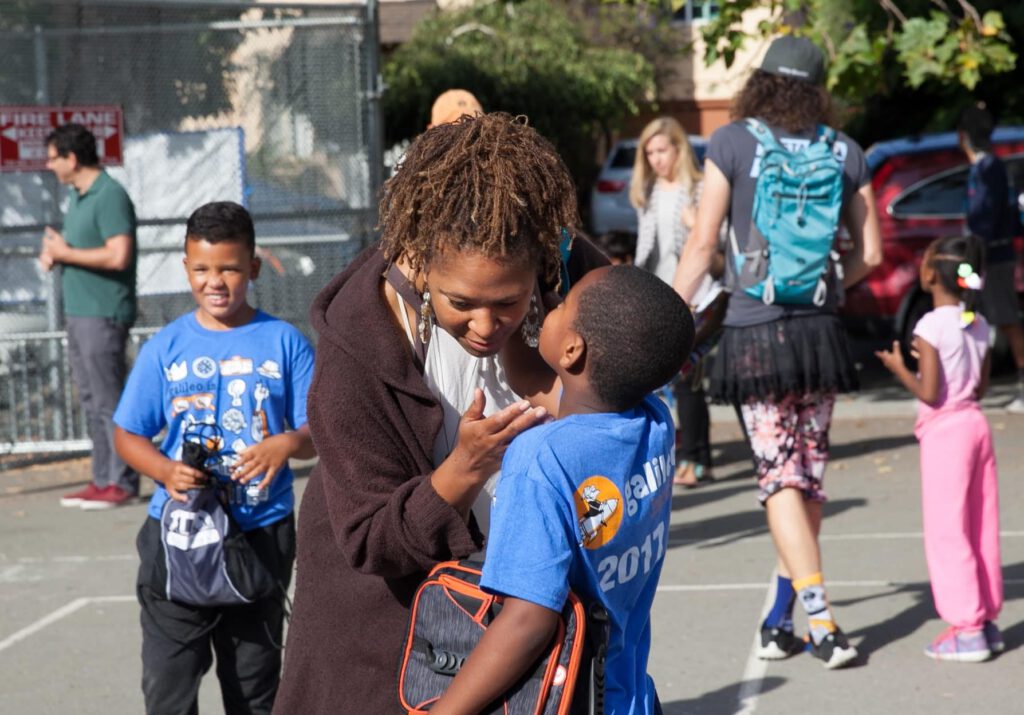
THE RESEARCH
Now that you’ve created your list of must-haves, it’s time to start researching!
Start early
Many camps kick off registration as early as December or January, and some fill up fast, so start your research early—it’s a shame to spend a ton of time researching an awesome camp only to find out there aren’t any spots available. Signing up ASAP often allows you to take advantage of early-registration discounts, plus saves you the panic of last-minute scheduling.
Do your homework
Email your friends and chat with other parents at your kid’s school to ask about their favorite camps. Nothing beats a referral from someone who has already been there (plus, coordinating camp schedules makes it easier to carpool). Beyond your social circle, there are a whole host of camp list websites you can peruse, detailing camps by geography, type and more. We’ve put together a locally targeted research guide, and also like these recommendations (the top bullet is one of our favorites; the rest of the list is borrowed with thanks from LifeHacker):
ActivityHero
ActivityHero lets you search tons of camps and classes (and read their reviews!) in cities all over the country, filtered by zip, activity type, dates and child’s age.
The American Camp Association (ACA)
ACA’s Find a Camp from the American Camp Association lists thousands of accredited day and away camps all over the country, from the traditional “outdoors-in-the-woods” style of camp to technology day camps you go to for a few hours a day.
SummerCamps.com
SummerCamps.com allows you to filter by type of camp, like single-focus specialty camps or general education camps, touring camps or travel camps, or camps operated by non-profits like the YMCA or the scouts. You can search by location, camp name, or general topic.
Kids Camps
Kids Camps also allows you to select specific types of camps and browse just those options, from arts and music camps to special interest camps (like cooking, space, or aviation camps) to educational camps like college prep camps and computer camps. Just scroll down to start with your interests, or use your location at the top.
Camps.com
Camps.com boasts over 16,000 camps around the country that you can sift through by location, category, keyword, and more. Alternatively, search by region or zip code to see what’s close to home, or just in the general area near you. Each listing comes with contact information and a link to the camp’s web site.
Certifikid
Certifikid is like a daily deals site for summer camps. They only service a few locations around the country, but if yours is one of them, you’ll get notifications for discounts and price drops on camps in your community, which can be perfect if you’re looking for a specific type of camp or you’re on a budget.
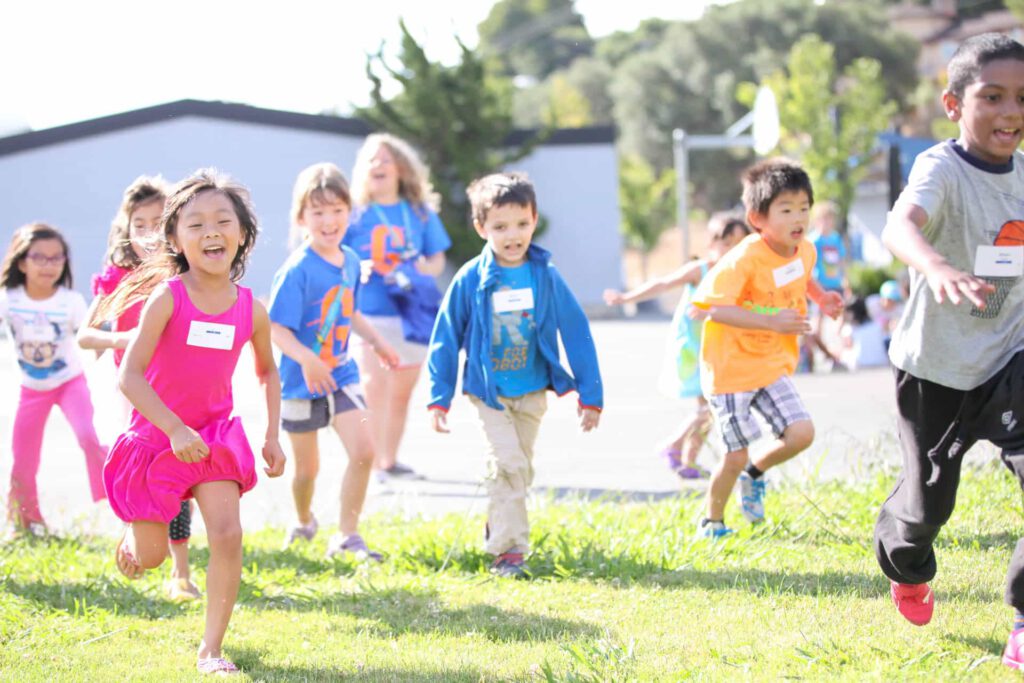
THE FINAL EVALUATION
After you’ve narrowed down your list of camps, it’s time to dig into each one by reading through their website and talking to their staff. Here are a few final—and essential—areas to consider as you do.
Credentials and safety
When you’re evaluating the quality and safety of a particular camp, ACA accreditation is a great thing to look for—they’ve OKed accredited camps across a variety of metrics (including emergency response procedures, risk management, staff background checks and site safety) so you don’t have to. And of course, accreditation or no, you can always directly ask each camp questions about its safety procedures, including:
- How are campers supervised?
- What is your staff-to-camper ratio?
- What are the check-in and check-out procedures?
- Do campers have a dedicated staff member to talk to if they need help?
- Who can I talk to if I have questions or concerns about my child?
- What steps do you take to mitigate risk?
- What are your emergency procedures?
Staff
A camp’s staff members, like a school’s teachers, can make the pivotal difference in your kid’s camp experience. So find out who these people are and how they’re going to keep your kid safe and happy by asking:
- How old are staff members? What types of backgrounds/experience do they have (are they high school students, college students, teachers, etc.)?
- What qualities do you look for when hiring staff?
- Are staff members background checked?
- In the case of specialty camps that involve riskier activities like rock climbing, swimming or horseback riding, how are staff trained to lead these activities? What certifications do they have?
Format
Dig a little deeper into what a day in the life at a given camp looks like to see if it’s really a good fit for your kid and your family. Ask:
- How much continuity is there? Will my child be with the same group of kids all week or move around? Will they be with the same staffers all week? (You know your child and how much continuity and structure they need.)
- What size group(s) will my child be in throughout the day? What is the age range of the kids they’ll be with during each of the day’s activities?
- How many activities during the day are free choice or self-directed vs. structured or staff-led? (Again, you know your child and what they’ll prefer here.)
Meals and snacks
If the camp includes meals (or offers them as an option), ask to take a look at a menu or examples of the mix of meals your child will be provided. If applicable, ask how they handle food allergies and store/administer EpiPens and other medications.
The overall experience
Summer camps can be full of learning opportunities that may not always be apparent at first glance. Look beyond the day’s activities to find out about what kind of learning kids will engage in. What’s the camp’s mission? What hard and soft skills will kids take away from the experience? And most importantly, will they have an awesome time in the process?
Your kid’s opinion
If your prospective camps meet all the above criteria, the final test is your kid. Make sure they feel like they have a say in the decision-making process (even if you started by looking at 20 camps and only give them three to choose from). The more bought in they are, the easier it will be to get them out of bed on camp mornings—especially if they’re a little nervous.
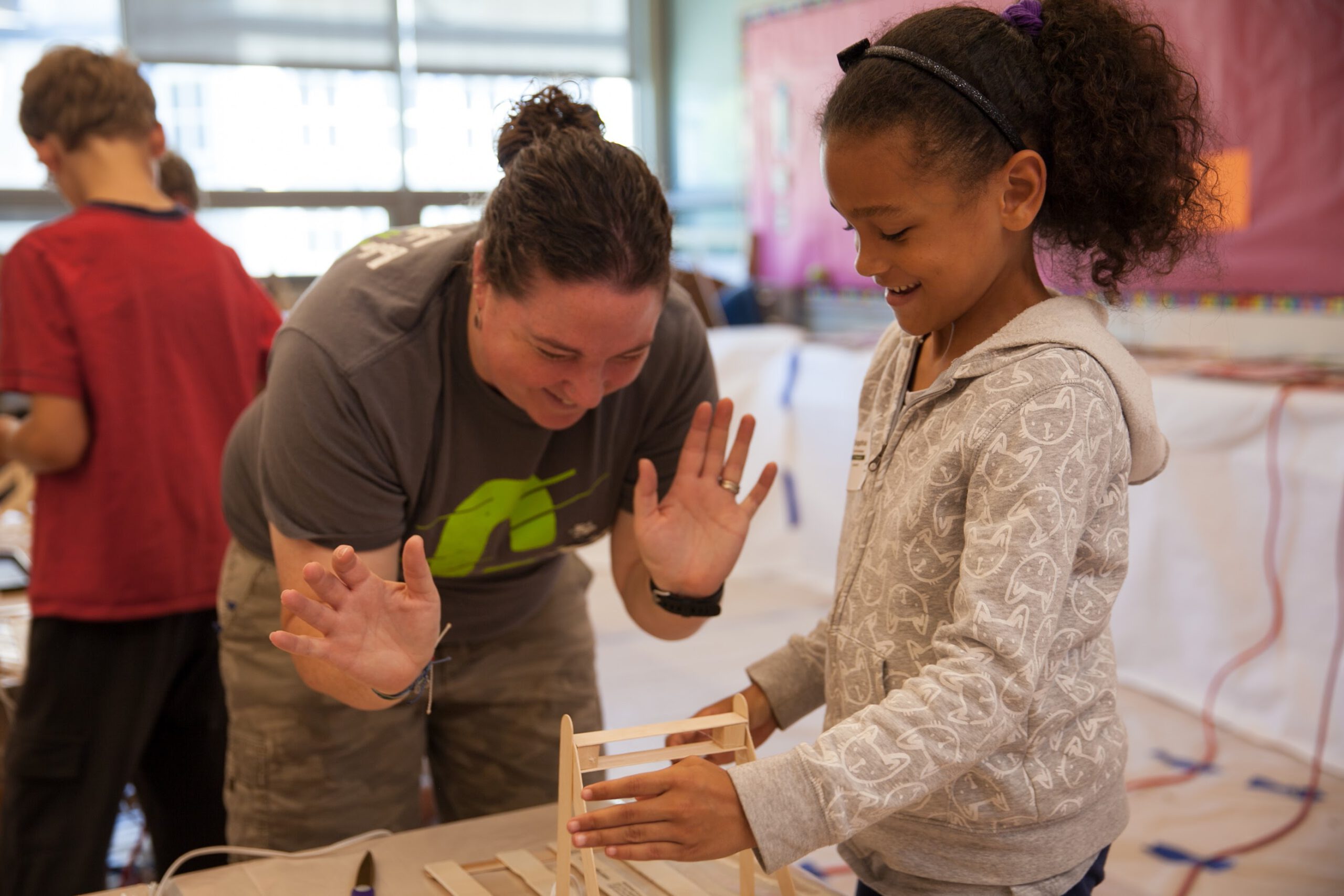
RESIDENTIAL (AKA OVERNIGHT) CAMPS
Though many of the above questions will apply to both day camps and overnight camps, here are a few additional things to think about if you’re considering residential camp:
Readiness
Is your child ready for overnight camp? Have they stayed away from home at a relative’s house or with friends without issue or do they get homesick easily? Are they already comfortable with the structure and culture of day camp?
Setting & Facilities
Look at pictures and videos of the camp environment. Visit if you can. Trust your gut. Make sure it seems like a place your child will feel comfortable staying for an extended period.
Peer Interactions
What does the camp do to facilitate friendships? Will campers have opportunities to spend consistent time with the same kids and staff, or do they rotate? Will they be grouped with kids their own age? Are there specific teambuilding activities the camp uses to create connection between kids?
Activities
What activities will campers do every day? Are they a good fit for your kid? Residential camps often offer activities that are a little outside of kids’ comfort zones (for good reason!). But in that case, how does the camp work with kids on stretching themselves? What if they don’t want to do something?
Preparation
Can you visit the camp beforehand, meet with a staff member or talk to a former camper? A lot of residential camps offer this.
AT THE END OF THE DAY…
The huge variety of camps out there allows you to find one with a focus and structure that fits your kid to a T. Try to remember, though, that summer camp is perfect for kids to try something a little outside their comfort zone. Think about options that might foster growth in new ways. But whatever camps you choose—a comfortable fit, a big stretch or some combination of both—you have all the tools you need to make sure they’re great.
Give your child the opportunity to step outside their comfort zone and discover new avenues of growth with an exciting and fun summer experience! We have a wide range of camp locations, such as our Fremont summer camps, Oakland summer camps, Carlsbad summer camps, summer camps in Seattle, Pasadena summer camps, and Cupertino summer camps. Don’t see your city listed here? Use our summer camp location finder to locate the Camp Galileo closest to you!
